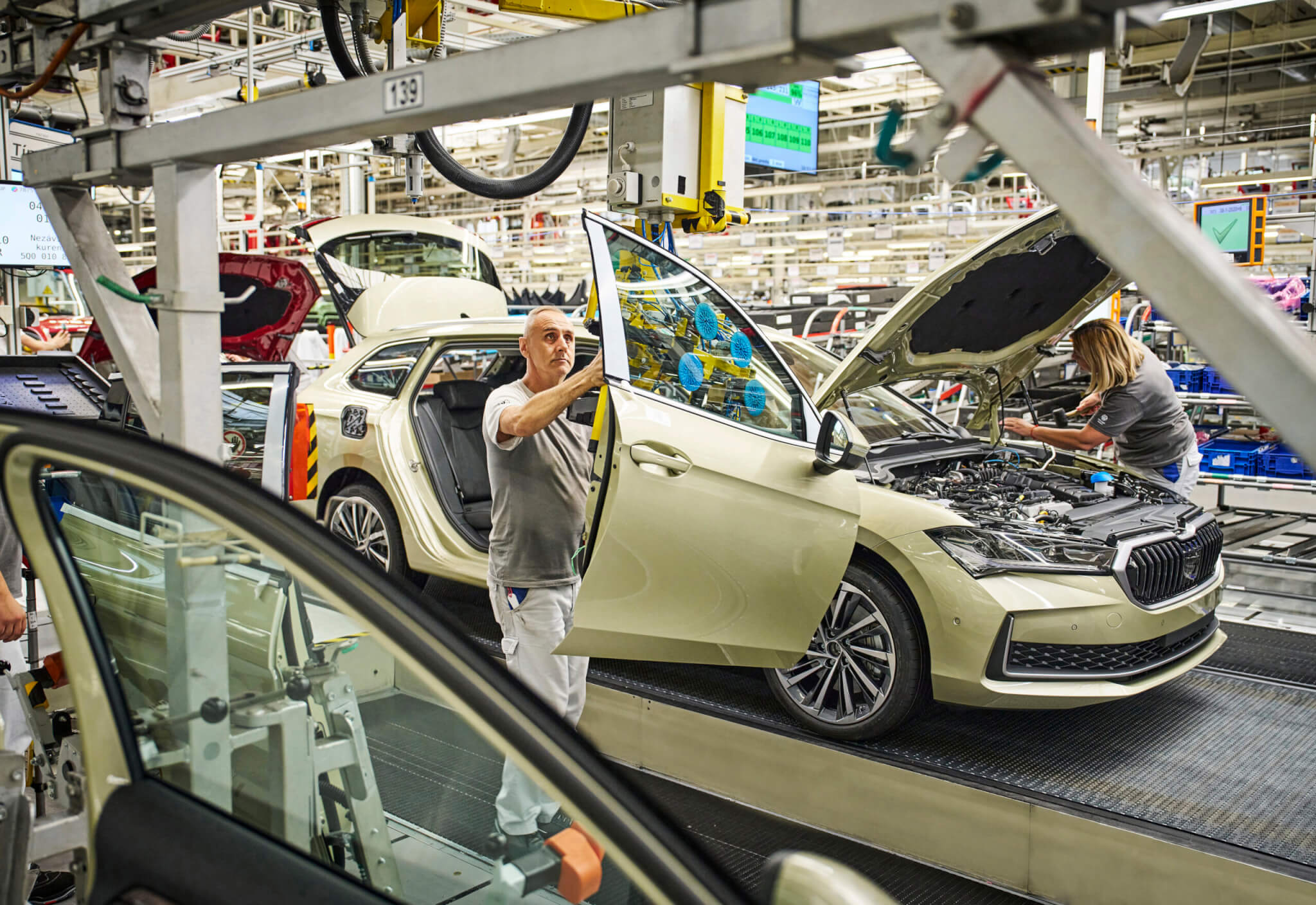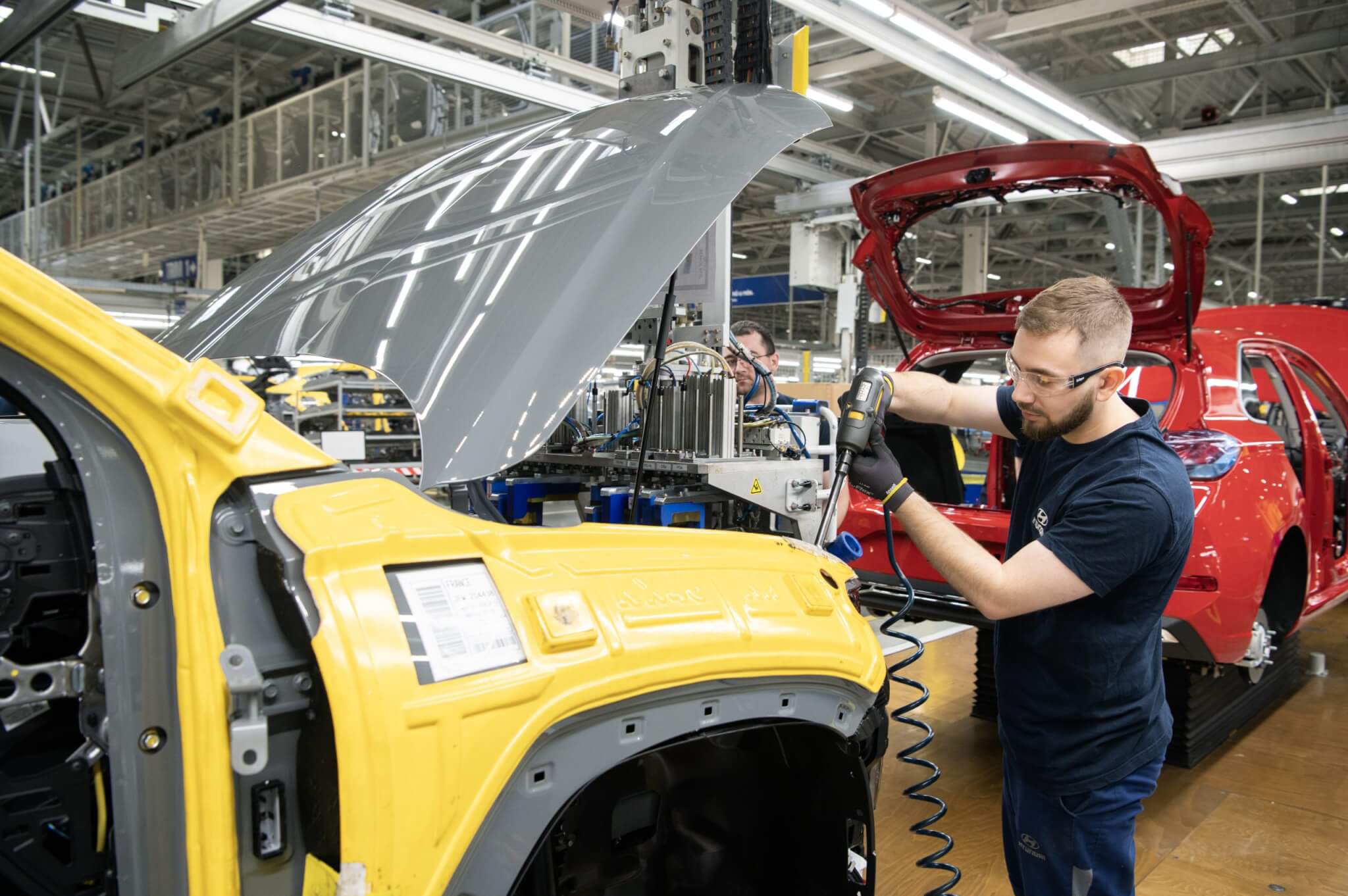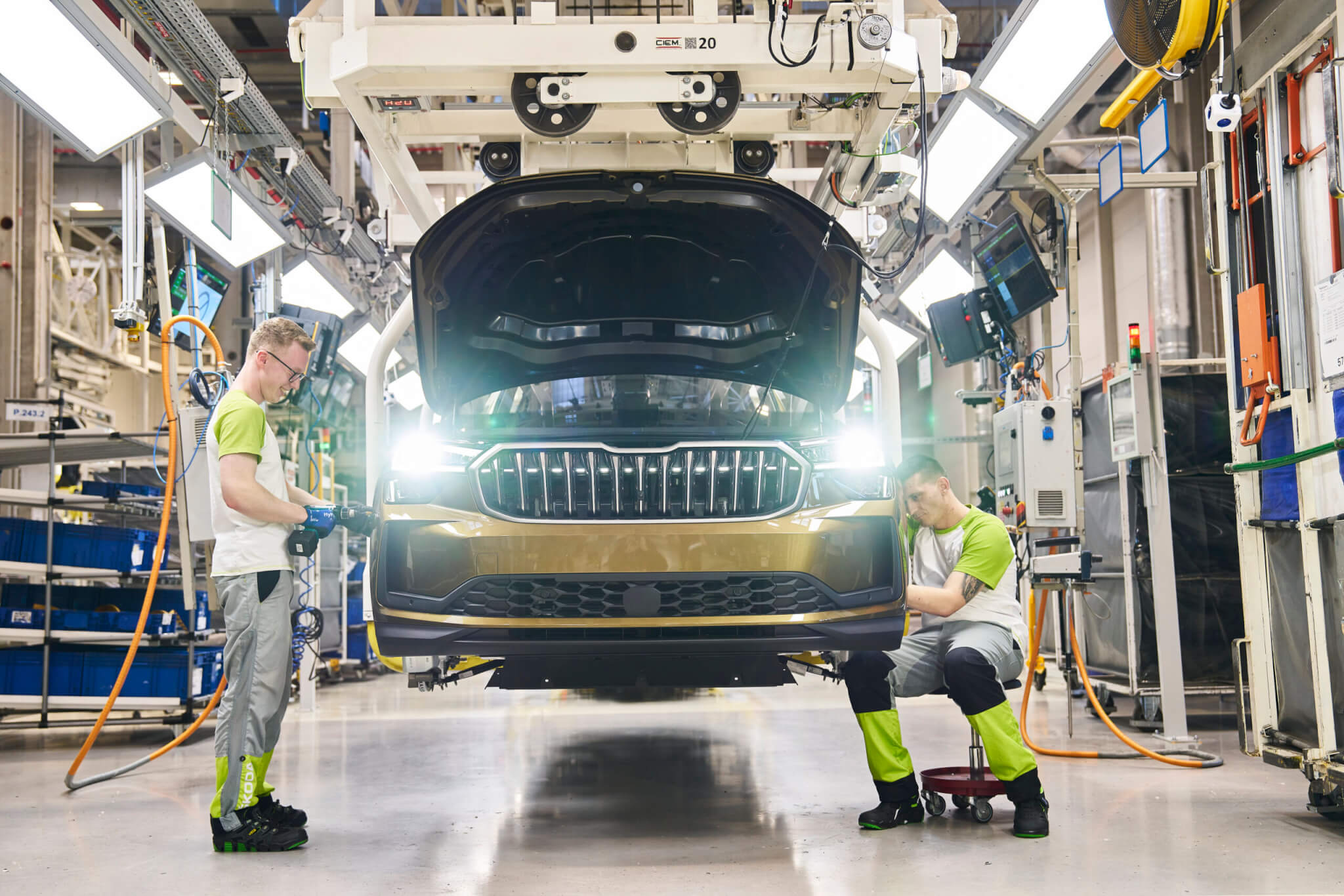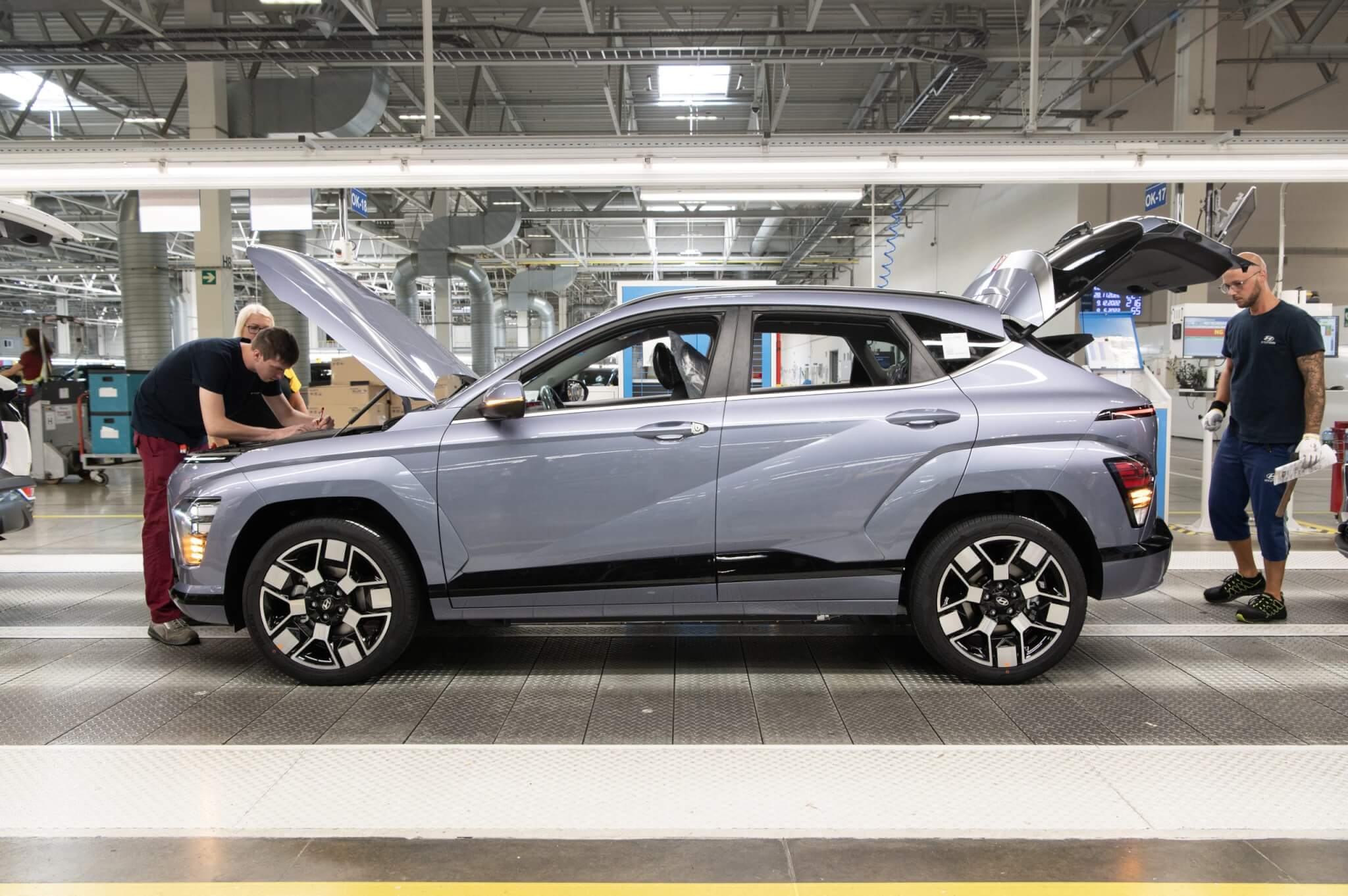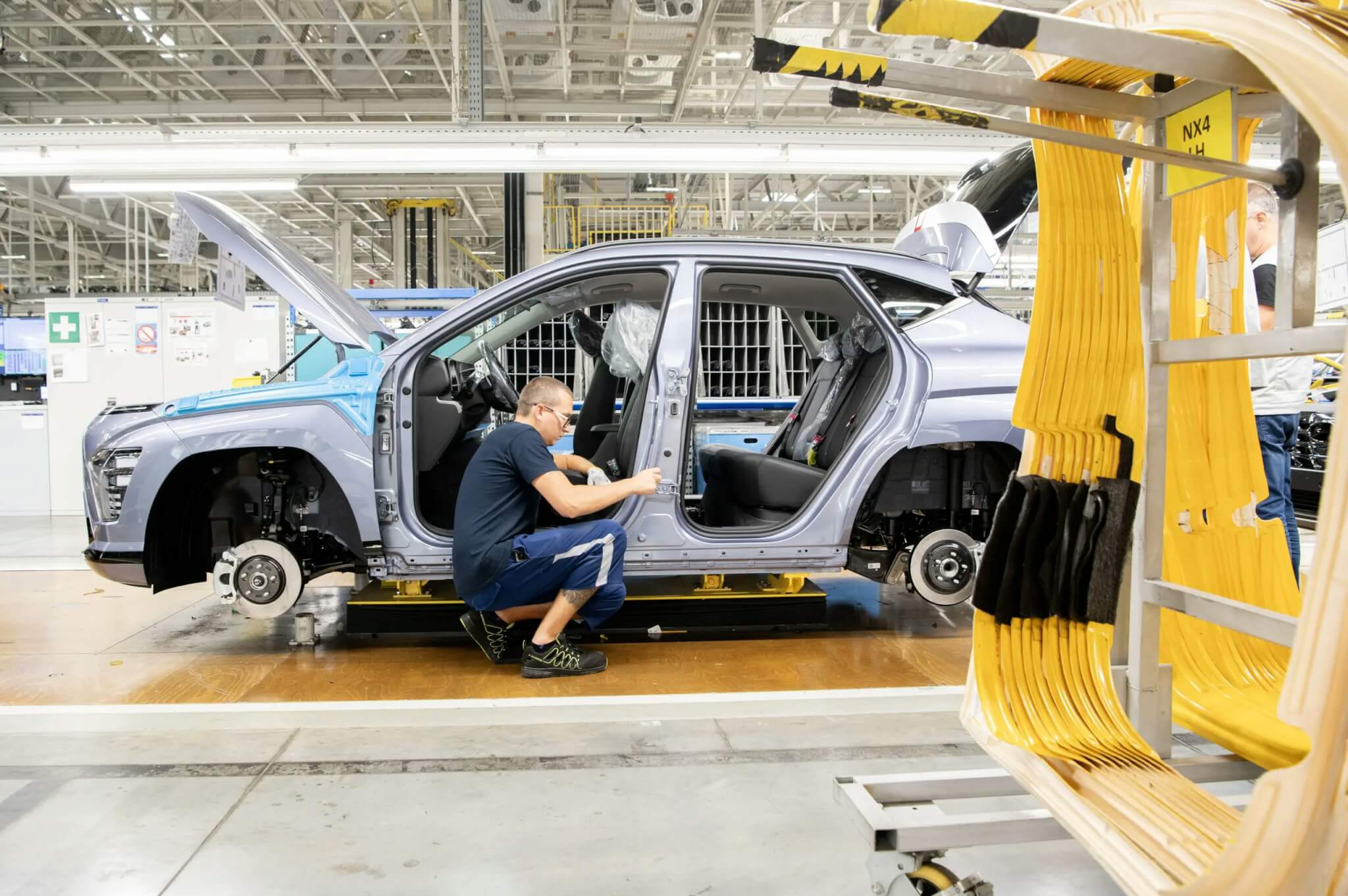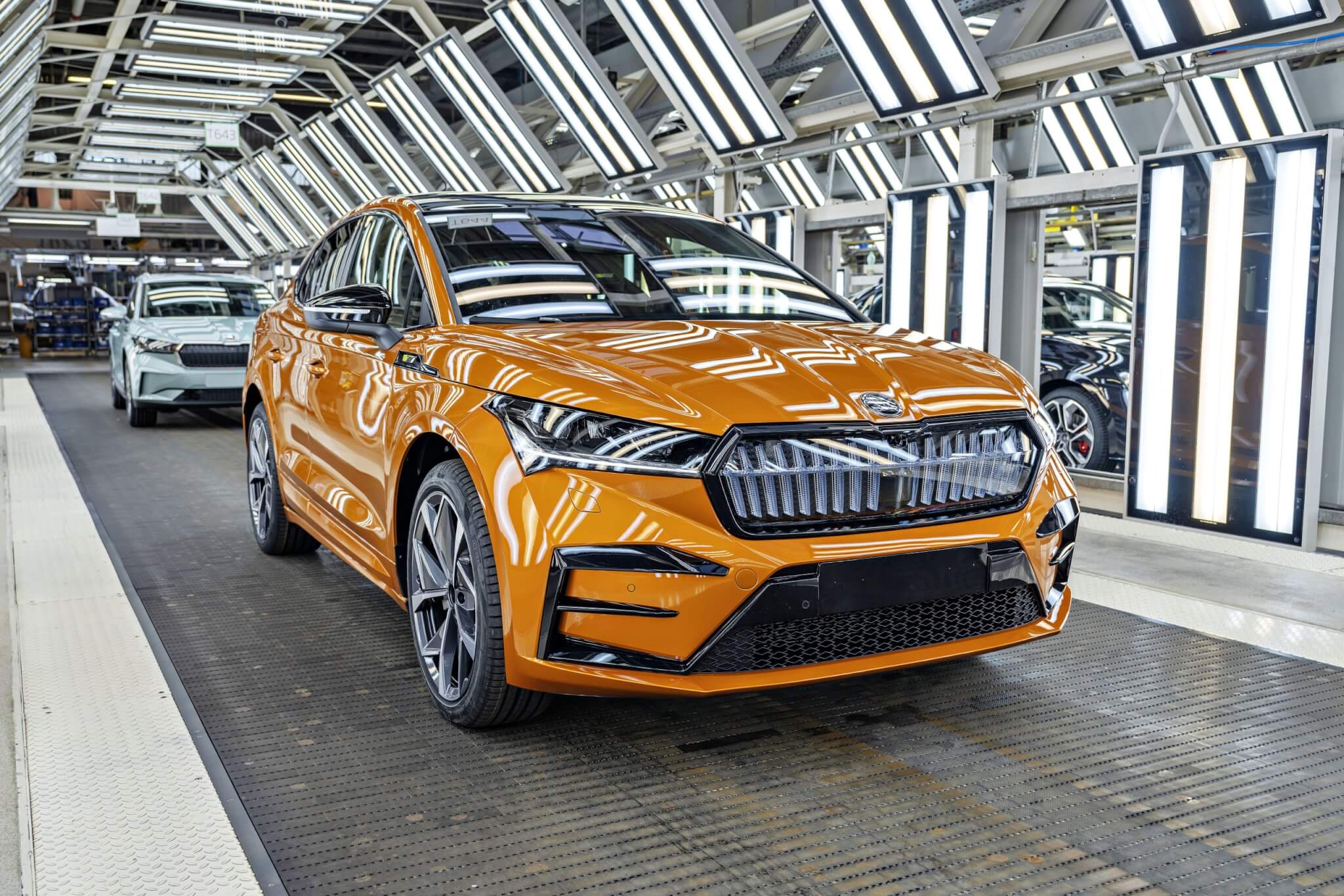Yesterday’s political agreement on the draft CO2 targets enshrines a very ambitious decarbonisation timetable for heavy goods vehicles and buses. Without the simultaneous setting of an effective national framework for their operation, its successful implementation and the economics of the goods and passenger transport sector will be at risk.

“The CO2 reduction targets leading to decarbonisation of freight transport have our full support. However, they must necessarily be complemented by national conditions for their practical implementation. For a successful green transformation, not only ambitious emission targets are not enough, but adequate and equally ambitious support from industry, public and private transport operators and the development of specific charging infrastructure for trucks and buses is necessary”, says Zdeněk Petzl, Executive Director of the Association of the Automotive Industry.
Key conditions for the successful decarbonisation of heavy passenger and freight transport include not only significant investment in the production and development of the vehicles themselves, but also the construction of specific charging and refuelling infrastructure. This must take into account the requirements for larger vehicle sizes, their batteries and the specific locations needed for charging and filling. An integral part of this is the setting up of a national system of fiscal incentives that will support the economics of operating these vehicles for hauliers. At least at this early stage, the need to implement a national programme to support the purchase of zero-emission vehicles, which the EU envisages from the Modernisation Fund, should not be forgotten. Without quickly and effectively setting up this framework at home to support demand for zero-emission truck and bus models, it will be impossible to achieve the targets set, especially given the ambitious timetable.
In order to achieve the emission targets set by the proposal, for example as early as 2030, more than 400 000 battery and hydrogen trucks and buses will have to be in operation on European roads, i.e. at least one third of the newly registered vehicles will have to be zero emission models. This requires at least 50,000 suitable charging stations in Europe (most of them with megawatt charging systems) and at least 700 hydrogen filling stations.
This will inevitably mean an increase in input costs for carriers to purchase new vehicles and to provide charging infrastructure. The question arises, what impact will this have on the price of goods transported or the price of fares for citizens? The overwhelming majority of goods (about 70-80%) are transported on the territory of the Czech Republic, and hence the EU, by road. We believe that without sufficient support from the EU and the state to support carriers and public transport operators, there is a real risk of a sharp increase in the price of transported goods and a deterioration in the economic competitiveness of national carriers in relation to their foreign competitors. The country’s ability to meet its climate commitments, including the National Action Plan on Clean Mobility, will also deteriorate.
Decarbonising heavy freight transport requires a concerted effort by various stakeholders across the transport ecosystem. Vehicle manufacturers and their suppliers play a critical role in this, and by investing heavily in increasing mass production of zero-emission trucks and buses, they are doing everything possible to make these vehicles available in a timely manner. At the same time, they rely on the ability and capacity of their customers to purchase and operate new zero-emission vehicles to replace the older ones currently on the road.
In future periods, the Czech car industry will continue to monitor the fulfilment of key conditions to ensure that the set targets can be met. Equally, the European Commission and Member States in particular must commit to making progress and ensuring the timely closure of gaps and strengthening support for this complex transformation so that it meets the ambitious climate targets and we can collectively achieve the decarbonisation target set.
The above text is the Automotive Industry Association’s commentary on the preliminary agreement; its formal approval is still pending.
Contact



